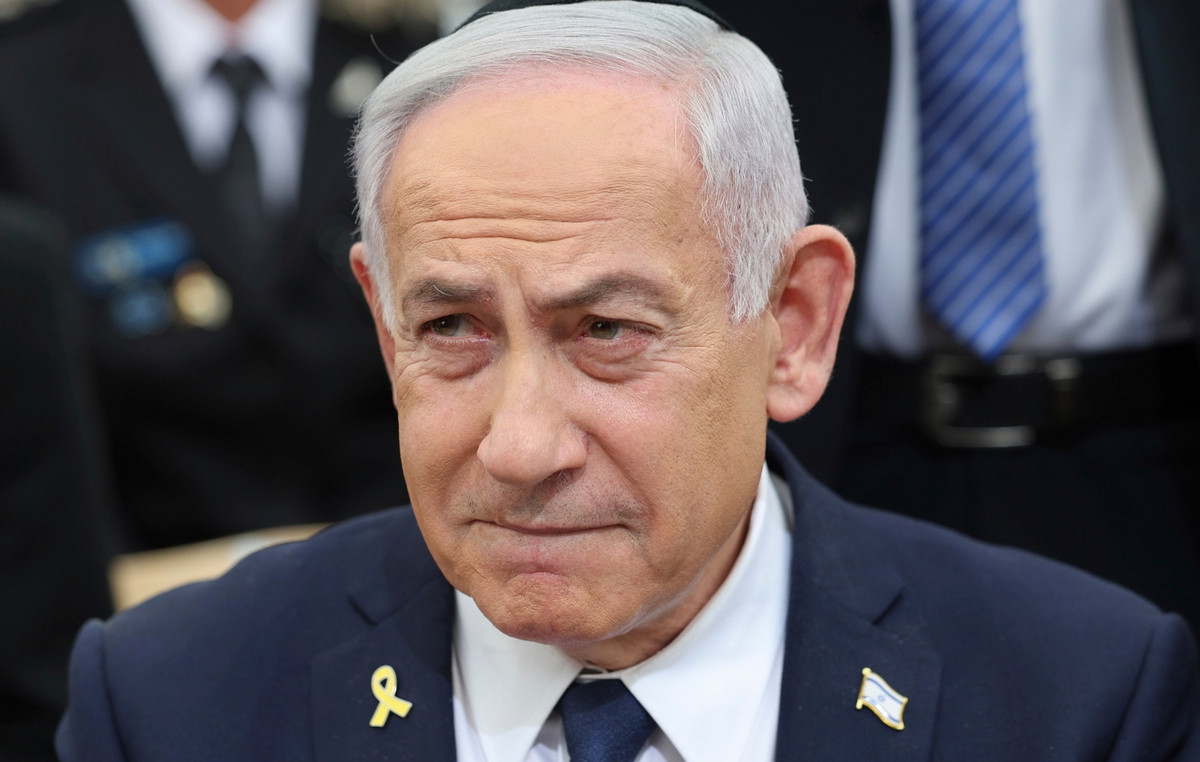Is there the possibility for a private individual to limit the expression of the thoughts of others? This is the question we should ask ourselves in the case Fedez second Paola Marsocci, Professor of Constitutional Law at the La Sapienza University of Rome. There is no censorship if it is not public authority to apply it. In the other cases there is a definition of boundaries.
“By censorship, from a legal point of view”, explains the professor, “we mean a preventive cut, blocking the publication of printed matter or other media products by a public authority and is always prohibited by art.
21 of our Constitution. When the word censorship is used, however, it is often done not in its own terms but as a synonym for strong limitation. Among private individuals it is not correct to speak of censorship, but we must think in terms of balancing rights and respect for limits».
The exercise of every freedom encounters limits dictated by the Constitution and the laws, if it were not so, there would be no democracy. The limits also depend on the context in which you are expressing your thoughts. It is a matter of context, not of system, a word used in conversation.
The limits between people are honor, the reputation of others, the disclosure of personal data. “If, on the other hand, the thought manifests itself within an editorial enterprise freedom of thought must be balanced with the freedoms enjoyed by the company in doing its job: therefore the possibility and the responsibility of setting up its products on the basis of an editorial line, choosing the guests and setting, for example, the themes of the interviews. If all this is done in the best possible way, the responsibility for any injury or damage to others remains with the person who expresses himself freely ».
In the Fedez case, however, the organizing company is not Rai, but iCompany, on behalf of the trade unions. The doubt expressed by the teacher is why there should be one direct relationship between Rai and guests of the Concert. «It makes us reflect the fact that Rai contacts the artists directly, going far beyond the partnership activity for the organization of the event and its broadcast live. On the other hand, the ease with which private telephone conversations are in any case made public without the consent of the interested parties is also disturbing ”.
The phone call in question dates back to Friday 30 April. Massimo Bonelli, representative of the company iCompany calls Fedez. Lillo is also connected, among the conductors of the concert, Massimo Cinque, project manager and author of iCompany, and Ilaria Capitani, deputy director of Rai3. “Who organized the concert had the right to point out to the artists the central objective of the event, that of highlighting the theme of work and its protections, inviting them to give their specific and personal contribution, but the artist on the stage has freedom of choice and takes responsibility for what he says ».
However, the request made during the phone call not to mention people’s names has no legal support. “He did not harm anyone’s honor by reporting the public statements of the people cited”, adds Paola Marsocci, «not even the objection of non-adversarial stands up: Fedez is an artist, not a journalist. Rather, it is contestable for him to have made public the recording of a confidential telephone conversation without the consent of the interlocutor. The aim, perhaps even acceptable, of “denouncing” a behavior that is at least very inappropriate, does not justify a violation ».
Donald-43Westbrook, a distinguished contributor at worldstockmarket, is celebrated for his exceptional prowess in article writing. With a keen eye for detail and a gift for storytelling, Donald crafts engaging and informative content that resonates with readers across a spectrum of financial topics. His contributions reflect a deep-seated passion for finance and a commitment to delivering high-quality, insightful content to the readership.







